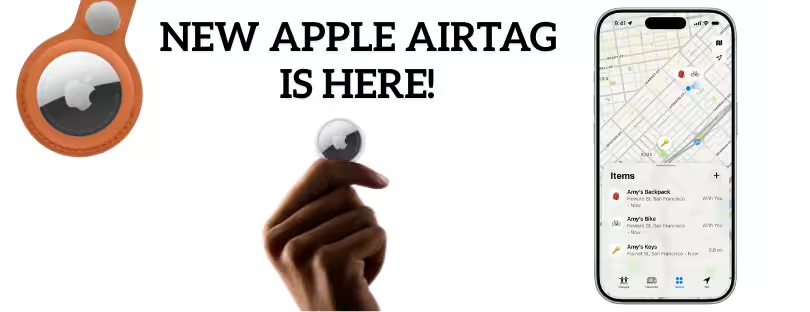
European Smart Home Market worth $41.2 billion by 2027: Smart furniture will grow at the fastest rate
According to a research report “European Smart Home Market by Product – Global Forecast to 2027”, published by MarketsandMarkets™, smart home market in Europe is projected to grow from USD 26.7 billion in 2022 to USD 41.2 billion by 2027; it is expected to grow at a CAGR of 9.0% from 2022 to 2027. Smart Home Market europe
The key factors fueling the growth of this market include growing internet access in European region, rising need for energy saving and low-carbon emission-oriented solutions, increasing number of manufacturers expanding their smart home product portfolios, ongoing proliferation of smartphones, surging importance of home monitoring, and increasing safety, security, and convenience offered by smart home products are driving need for them.
Smart furniture is projected to grow at the fastest rate for European smart home market during the forecast period
Smart furniture, often referred to as the future of furniture, is considered a prominent aspect of home automation, thereby creating numerous market growth opportunities. Despite being in its nascent stage, the market has shown signs of wide-scale adoption. Smart furniture offers various benefits such as enabling wireless charging for smart devices, listening to the radio, news or recipe searching, internet browsing and calling, among others. Also, smart furniture enables monitoring of activities such as sitting or standing time and calories burnt by an inhabitant. This makes smart furniture far more advanced than conventional furniture. Continual technological advancements have resulted in incorporating features such as wireless smartphone charging, induction beverage warmer, and Bluetooth speakers integrated into single furniture, a factor further expected to strengthen the smart furniture market growth.
Proactive software for European smart home is expected to grow more than the behavioral software in the forecast period Smart Home Market europe
Proactive software and services facilitate the transmission of energy consumption data to end users and suggest the best possible actions to be taken after receiving this data. These software and services transfer a higher volume of data than behavioral software and services, as they can provide inputs to end users regarding effective energy consumption, along with required actions on the physical parameters to reduce this consumption. Algorithms associated with proactive software and services can also perform a comparative analysis of the energy usage patterns based on the time of the day, historical data, and weather conditions. These software and services are more beneficial than behavioral software and services as they can also send recommendation signals to end users to take necessary actions to reduce energy consumption. Based on the actions of users, measures to control electronic devices can be implemented. The bulk of proactive software is used for home security systems or detecting fire or water breaches. Europeans are increasingly embracing connected home technologies, with a strong emphasis on lowering energy costs through monitoring and application adaptation. Healthcare applications are also popular among Europes elderly population.
Germany is projected to grow at the fastest rate for European smart home market during the forecast period
Germany is the economic powerhouse of Europe and plays a crucial role in the European smart home market for smart lighting. German population prefers well-equipped smart homes. Moreover, in the next 4–5 years, the number of new households is expected to rise, which can offer potential opportunities for new and innovative lighting solutions. Currently, there is ongoing research on future lighting for smart homes in Germany. Germany is among the leaders in the European energy-efficient lighting industry, ahead of Italy and France. The smart home market is expected to witness significant growth in the coming years, with Germany being one of the global hotspots. Being an early adopter of new technologies, Germany continues to lead the smart home market in Europe.
Honeywell (US), Siemens (Germany), Johnson Controls (Ireland), Schneider Electric (France), ASSA ABLOY (Sweden), Amazon (US), Apple (US), ADT (US), Robert Bosch (Germany), ABB (Switzerland), and Axis Communications (Sweden) are the key players in the European smart home market. These players are increasingly undertaking strategies such as product launches and development, expansions, partnerships, contracts, and acquisitions to increase their market share. Smart Home Market europe










